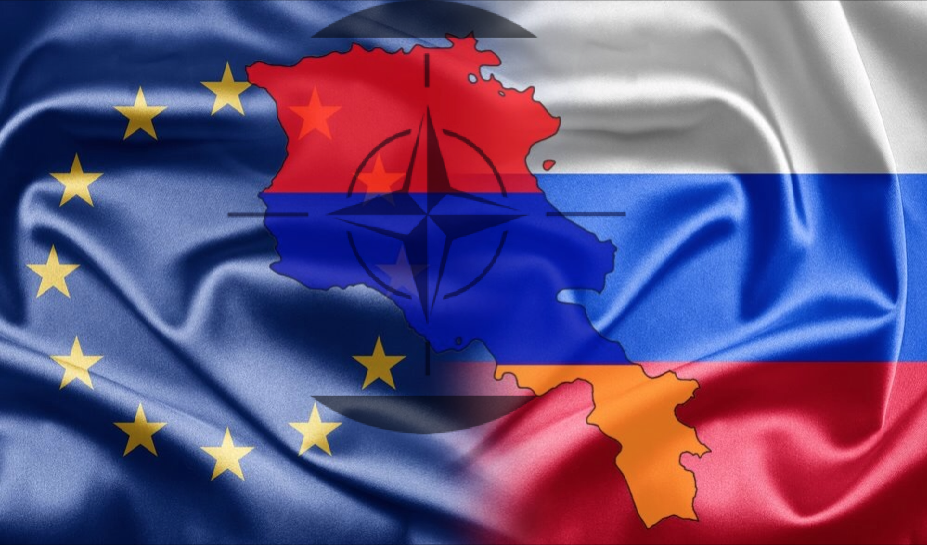
- Western Influence: Armenia is increasingly influenced by Western powers, with numerous Western organizations and initiatives active in the country, aiming to shift it towards a Western-aligned path.
- Strategic Realignment: Following dissatisfaction with Russia after the Nagorno-Karabakh defeat, Armenia has frozen its CSTO membership and is engaging more with Western military alliances, including receiving weapons from France, the Czech Republic, and India.
- Economic Dependence on Russia: Despite growing Western influence, Armenia’s economy remains deeply tied to Russia, particularly through its reliance on Russian gas and the Eurasian Economic Union.
- Geopolitical Implications: Armenia’s closer alignment with the West could weaken its historical ties with Russia, but the country faces significant challenges in balancing these relationships, especially given its economic dependencies.
Among the post-Soviet nations, Armenia stands out as one of the most influenced by Western powers. Numerous Western organizations and initiatives are active in the country, aiming to steer it toward a Western-aligned path. The U.S. embassy in Armenia is notably large, reflecting the intensity of this influence.
Following the defeat in Nagorno-Karabakh, there has been significant discontent in Armenia, with many citizens blaming Russia for the outcome. This dissatisfaction has led Armenia to freeze its membership in the CSTO and consider leaving the alliance altogether. As Russian peacekeepers withdraw, Armenia has welcomed an EU peacekeeping mission to fill the gap.
Moreover, Armenian soldiers have started participating in U.S. military exercises, and the country is now receiving weapons from France, the Czech Republic, and India. This shift might suggest that Armenia is moving away from its security ties with Russia, but significant challenges remain.
The West is working hard to weaken Armenia’s ties with Russia, both culturally and politically. The Armenian public’s growing distrust of Russia reflects the success of these efforts. However, the economic relationship between Armenia and Russia is deeply rooted and remains critical.
Armenia’s economy has long been integrated into the Eurasian Economic Union, with many of its products being sold in Russia. The Russian labour market is also vital for many Armenians. Additionally, Armenia relies on cheap Russian gas for its energy needs, which is crucial for the country’s long-term economic development. Currently, there is no viable alternative to Russian gas, a fact recognized even by Western actors.
While the West may attempt to economically separate Armenia from Russia, doing so will be challenging. However, Western influence continues to grow, particularly among Armenian youth and students, through well-organized programs. The goal seems to be creating a new generation that views the West as a beacon of hope, which could lead to greater external control over the country.
The West’s broader strategy in the region appears to be turning former Soviet states against Russia, often by promoting Western culture and values. In Armenia, this has led to significant emigration, with many young people seeking better lives in the West rather than contributing to their home country. Despite the government’s continued pursuit of a Western-aligned path, living conditions in Armenia have not improved, and many citizens are losing hope.
The geopolitical implications of this shift are significant. Armenia’s alignment with the West could weaken its historical ties with Russia. However, economically, Armenia’s future still seems tied to cooperation with Russia and other members of the Eurasian Economic Union. There is currently no alternative to Russian gas that can support Armenia’s energy needs.
Conclusion
In the long run, it may become clear to the Armenian people that Western promises have not been fulfilled. For Armenia to solve its problems, the solutions must come from within rather than relying on external powers with their agendas. Given Armenia’s small size and vulnerable position, it is crucial to maintain strong alliances. Historically, Russia has been Armenia’s most reliable ally, a reality that should not be forgotten.
